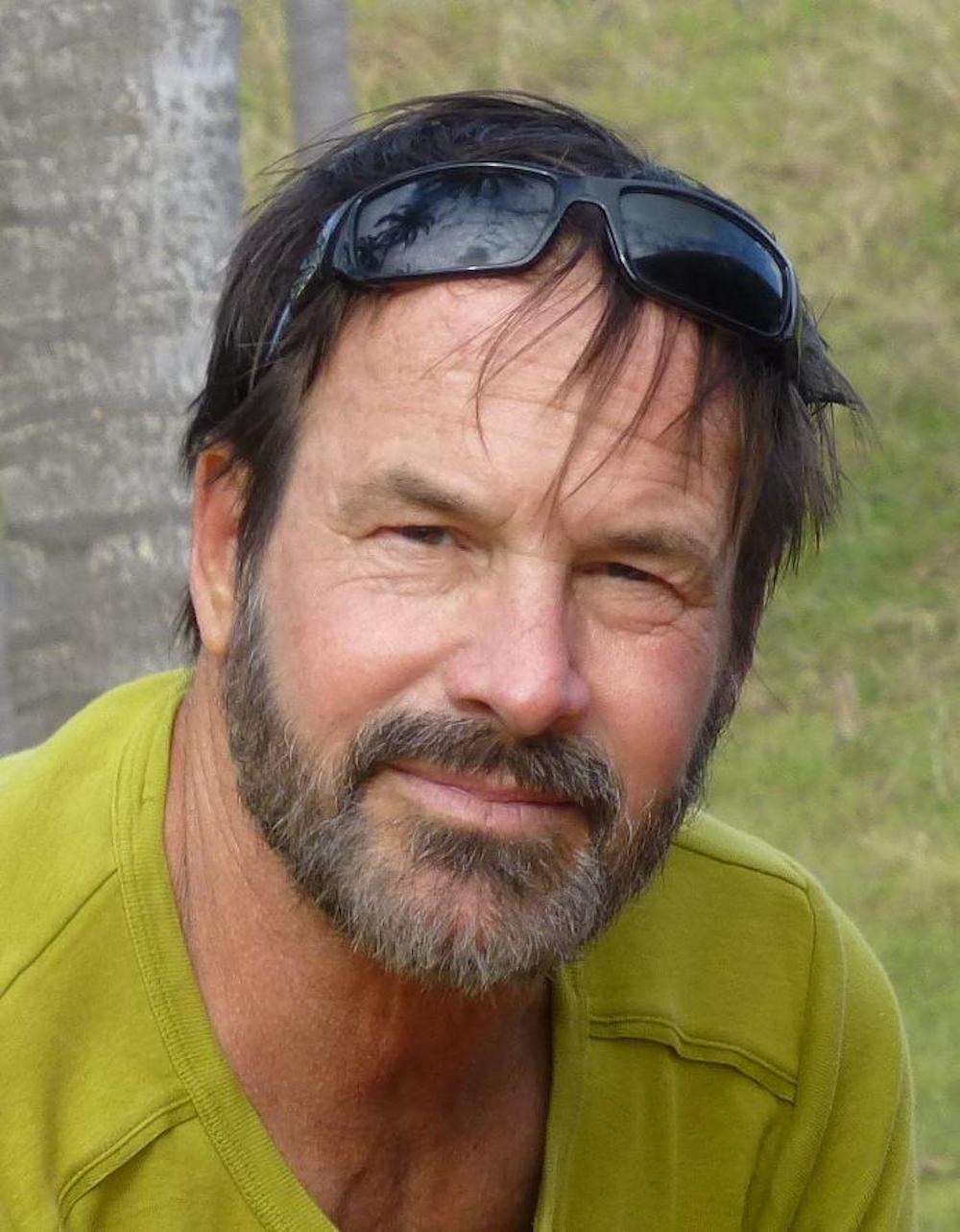 A devoted marine ecologist, Witman studies aquatic life on the seafloor and how organisms interact with their environment.
A devoted marine ecologist, Witman studies aquatic life on the seafloor and how organisms interact with their environment.
His work spans thousands of miles—from the Gulf of Maine, where he has examined the biodiversity of Cashes Ledge and advocated for its establishment as a marine sanctuary, to the Galápagos Islands, where he has combined long-term monitoring with underwater experiments to study the effects of climate oscillations for the past 20 years. Indeed, coral reefs and the threat of coral bleaching are a focal point of his work.
“I’m really interested in the big picture: Large-scale patterns of diversity and what causes that, and climate change,” he says.
With support from his most recent grant from the National Science Foundation, Witman and his team are again focusing on the Galápagos. This project, however, is based upon the unique influence of the COVID-19 pandemic.
“We’re studying how the marine ecosystem changes when all the divers are excluded,” says Witman, pointing to the pandemic era as “an enormous natural experiment.”
“People stayed inside and they didn’t go into natural areas,” he continues. “We can use that time period to get a glimpse of how ecosystems function without humans.”
As a professor, Witman trains his students to use “relevant data to look at human impacts, as well as so-called natural ones that determine what lives where.”
He even brings two undergraduates with him to the Galápagos on an almost-yearly basis, teaching them how to do experiments underwater.
“I think that’s a large part of our role: to inspire the next generation,” he says.
As an IBES Affiliate Fellow, Witman looks forward to forging more interdisciplinary connections.
These, he believes, can help him better “come up with conservation solutions that can be sensitive to the variety of impacts that a decision has.”
“I want to increase the impact of my research, and I think IBES is full of people who are doing research that’s valuable to societal needs,” says Witman. “I think I can learn from my colleagues in IBES about how to focus on more impactful science.”
“I like to be surrounded by people who are thinking across disciplines,” he concludes, “and IBES is such a community.”